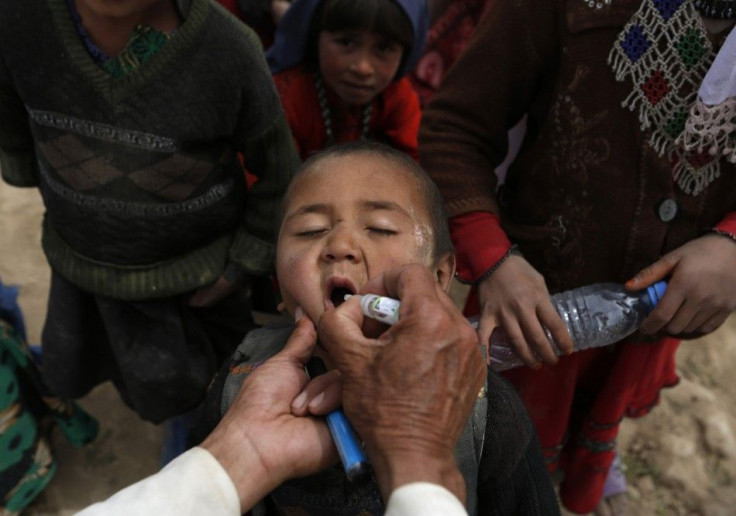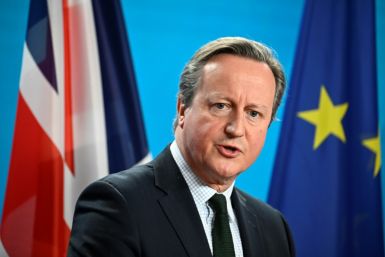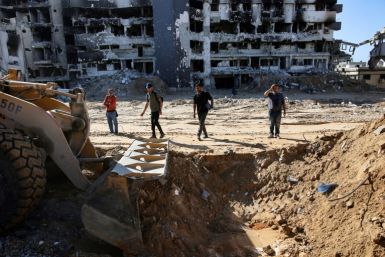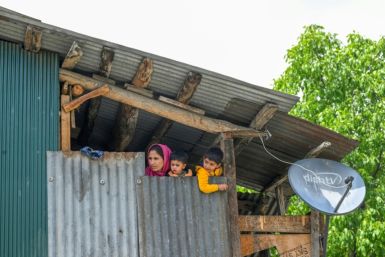Military Conflicts in Pakistan Push Virus Spread, WHO Declares Polio a Global Health Emergency

Unresolved military conflicts in Pakistan which unfortunately disrupted polio vaccination campaigns have pushed the virus to spread, forcing the World Health Organisation (WHO) to declare polio a global health emergency.
The WHO on Monday has issued recommendations that all residents must show proof of vaccination before they can leave the country. Residents of Syria and Cameroon have also been enlisted in the recommendation.
The three countries have been branded as the biggest exports of the crippling virus which the UN body had initially planned to totally eradicate by 2018.
"Conflict makes it very difficult for the vaccinators to get to the children who need vaccine," David Heymann, a professor of infectious diseases at the London School of Hygiene and Tropical Medicine, told Bloomberg before the WHO released its announcement. "It's been more difficult to finish than had been hoped."
Spread through feces, the polio virus attacks a victim's nervous system, causing paralysis within hours, sometimes death. There is no cure, but can be prevented by vaccines.
Pakistan's polio cases jumped from 58 to 93 in 2012, representing more than a fifth of the 417 total cases around the world in 2013.
Bruce Aylward, WHO assistant director general, said monitoring teams discovered the virus has recently spread to Afghanistan, Iraq, Israel and Syria. It has likewise been seen in sewage in the West Bank, Gaza Strip and greater Cairo, as well as in China two years ago.
"In the majority of these reinfected areas, the viruses circulating actually trace back to Pakistan within the last 12-18 months," Mr Aylward told reporters.
"If the situation as of today and April 2014 is unchecked, it could result in the failure to eradicate globally one of the world's most serious vaccine preventable diseases," Mr Ayleward added.
Pakistan immediately convened a meeting to discuss possible ways to eradicate and prevent the spread of the virus.
"The best option would be vaccinating the passengers at the airport departure where polio vaccination cards would be issued to the passengers. Human resource and vaccines would have to be worked out for the purpose," State Minister for Health Services Saira Afzal Tarar said in a televised broadcast.
"It would be most practical as people often have to fly in emergencies."
In its recommendation, the WHO urged the measures in place until countries show no new transmission of polio for six months and evidence of eradication efforts, including immunization programs.
This is the second time the WHO declared a global health emergency. The first was in 2009 during the H1N1 pandemic.






